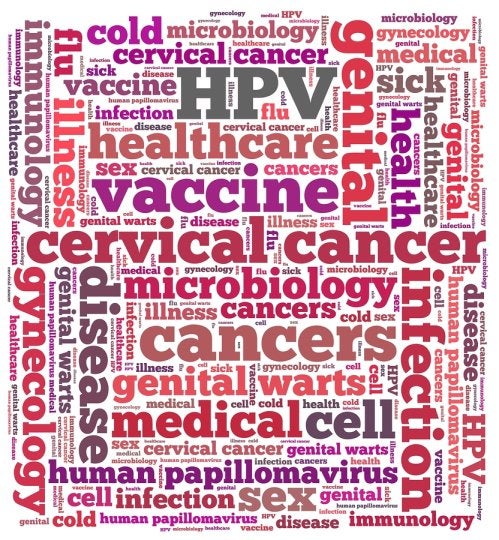-
Reducing Your Risk of Cervical Cancer
The cervix is the lower part of your uterus, above the vagina. The endocervix is the section of the cervix that is near the uterus and the part of the cervix next to the vagina is the exocervix. The transformation zone is the place at which the main cells of the endocervix (glandular cells) and the main cells of the exocervix (squamous cells) meet each other. Most types of cervical cancers originate in this transformation zone. However, cervical cancer doesn’t begin suddenly. Your gynecologist can detect pre-cancerous changes of the cervical cells, such as dysplasia and cervical intraepithelial neoplasia. You could also consult your gynecologist about ways of reducing your risk of cervical cancer.

Have Regular Pap Tests
A Pap smear is a sample of cells from your cervix that is analyzed in a lab. The results of the Pap test may indicate whether you could have abnormal changes of the cervix that may lead to cervical cancer. If your Pap test results are normal, your chances of developing cervical cancer in the near future are low. If your test results are abnormal, your gynecologist may recommend monitoring or treating the potentially pre-cancerous changes.
Get Vaccinated
The human papilloma virus (HPV) is a significant risk factor of cervical cancer . There are vaccines available that can protect you from acquiring the HPV strains that can cause cancers of the cervix, vulva, and vagina. Since the HPV vaccine is only recommended for individuals of a certain age, it’s important to speak with your gynecologist about getting vaccinated as soon as possible.
Practice Safe Sex
In addition to receiving the HPV vaccine, you can reduce your risk of acquiring HPV by practicing safe sex. Always use a condom even if you take birth control pills. Limiting your number of sexual partners and avoiding having sex at an early age are other steps that may reduce your risk.
Avoid Smoking
Smoking can increase your risk of squamous cell cervical cancer. If you smoke and you would like to quit, a healthcare provider can help you.
The gynecologists at Washington Surgi-Clinic are your partners in well-woman care. Our providers of compassionate gynecology services near Washington, D.C. offer extensive patient education to help women take control of their wellness. Give us a call at (202) 659-9403 if you would like to schedule an appointment for STD testing, HPV treatment, or other gynecology services.
Recent Posts
categories
- Uncategorized
- STD
- Washington Surgi-Clinic
- Abortion
- Pregnancy
- Pap Smears
- Birth Control Options
- HPV
- Gynecologist
- Pregnancy Test
- Abortion Safety
- IUD
- Pregnancy Termination
- First Trimister
- Cervical Cancer
- Morning After Pill
- Birth Control Pills
- Chlamydia
- Birth Control Shot
- Gonorrhea
- STD Testing
- Birth Control Implant
- Pelvic Pain
- Birth Control Patch
- HIV
- HPV Vaccine
